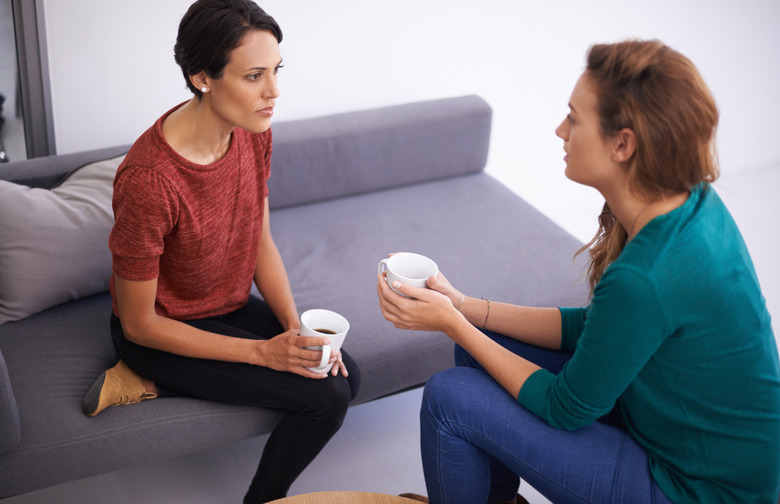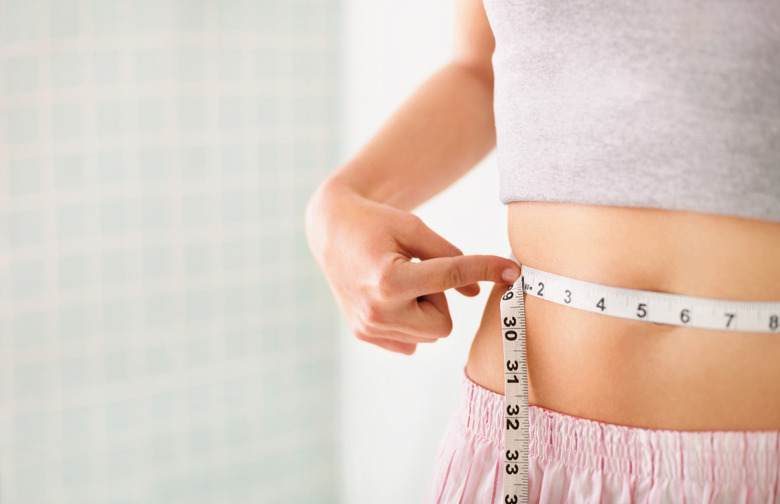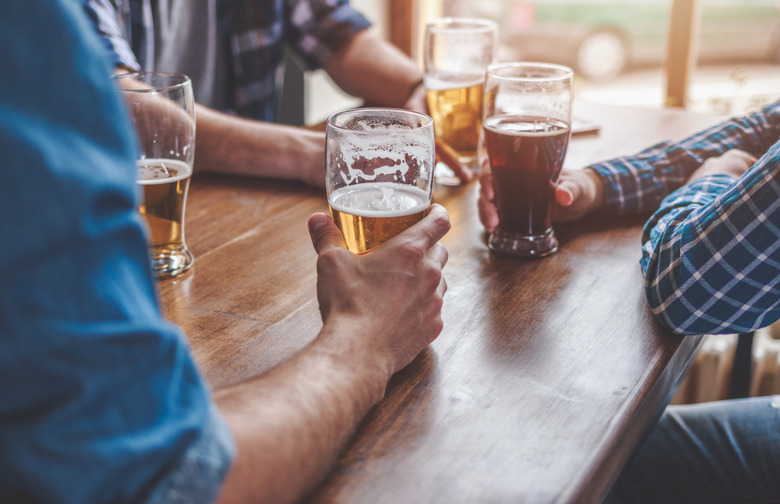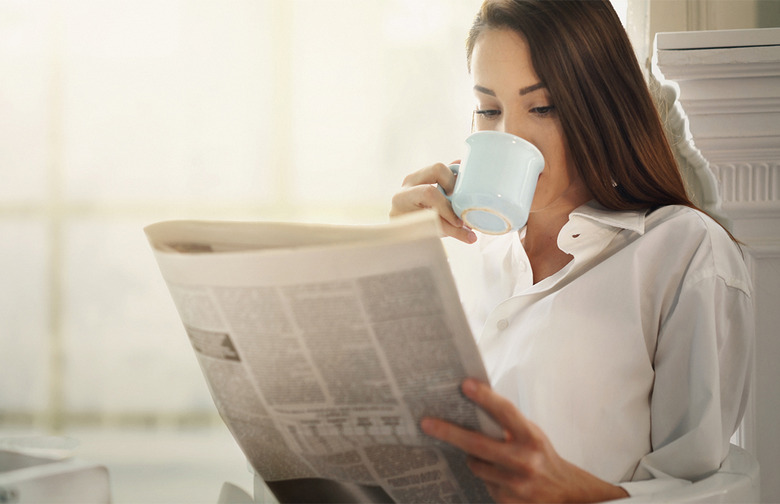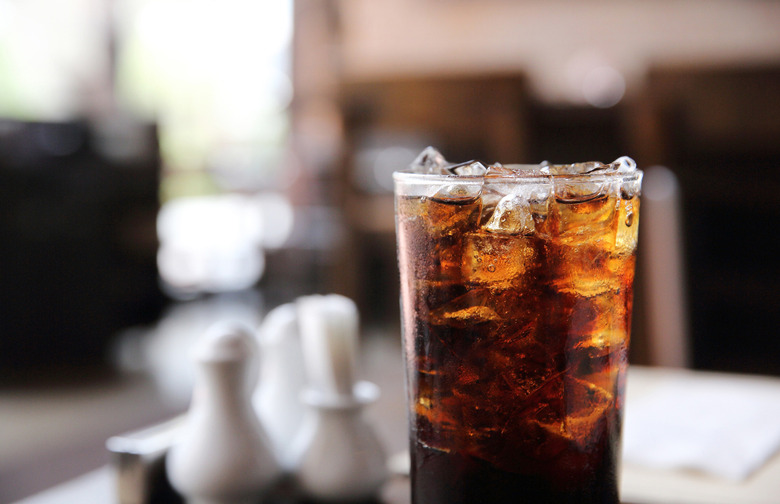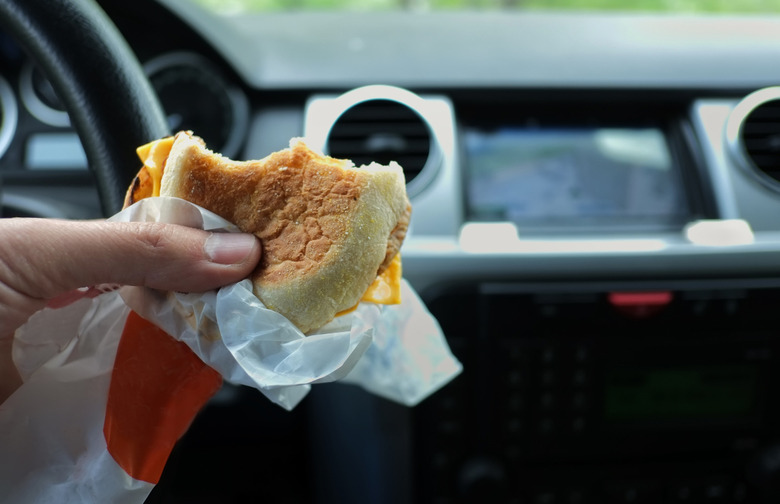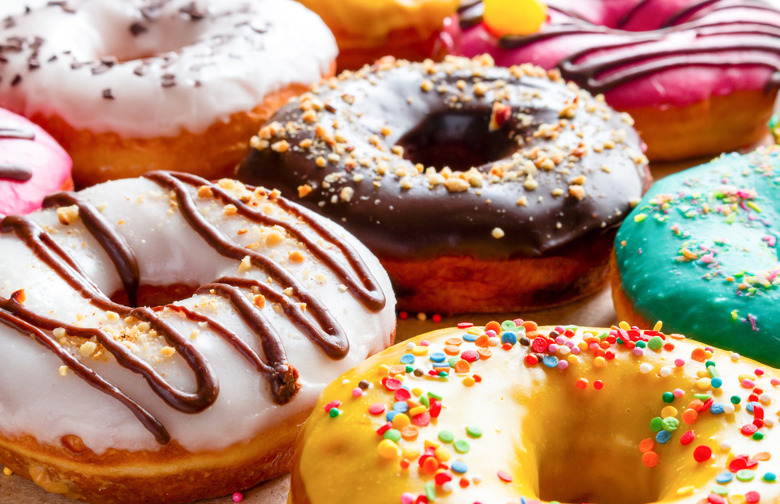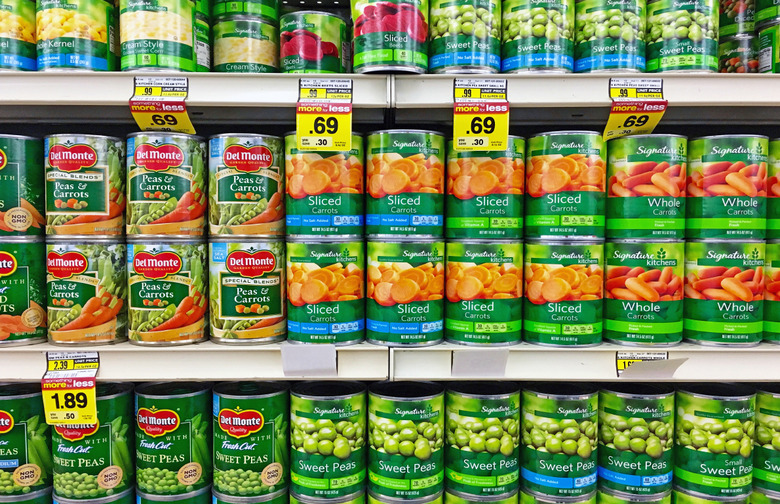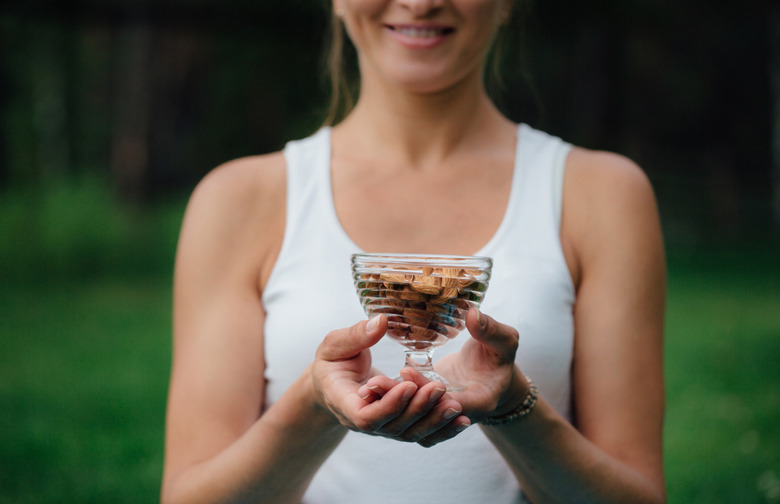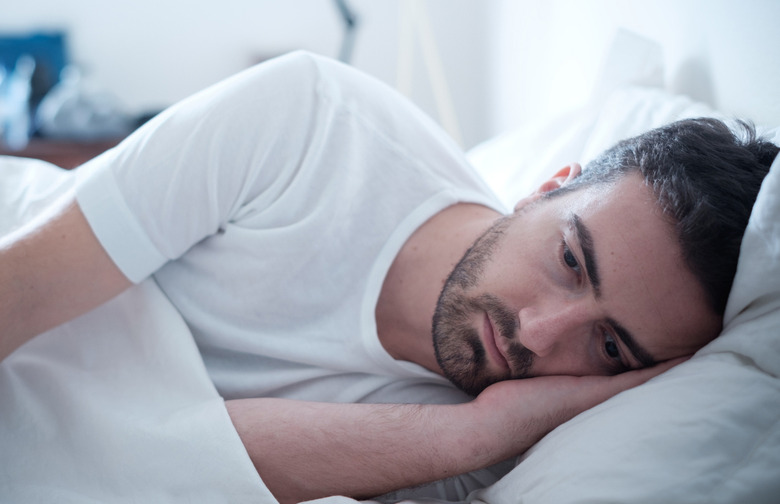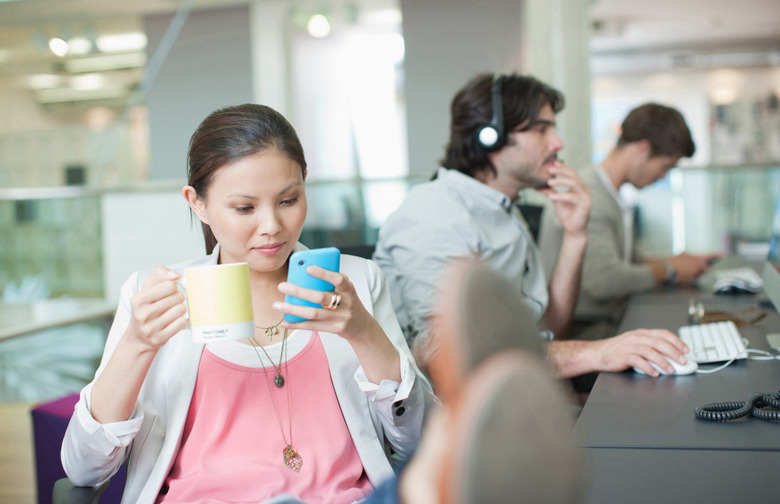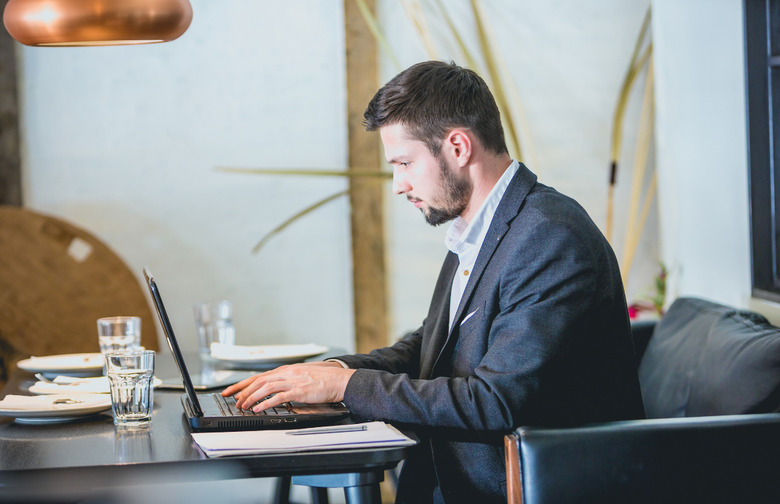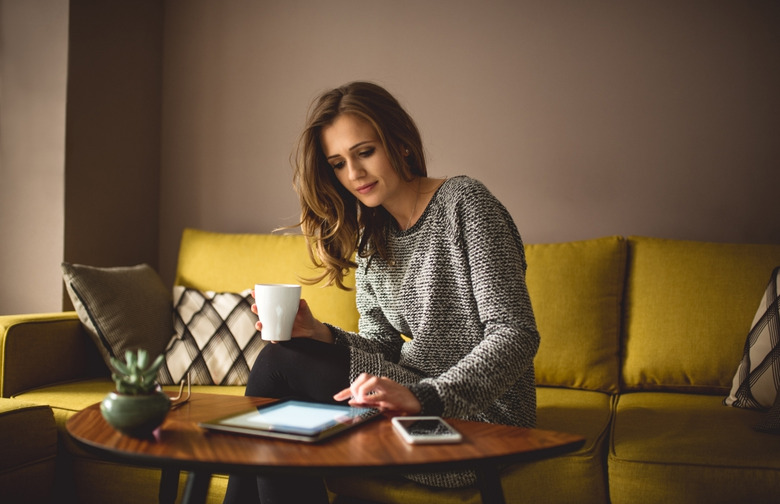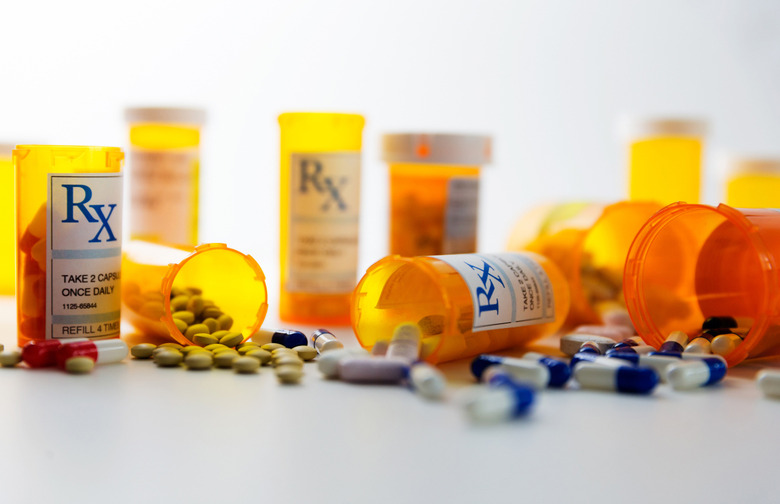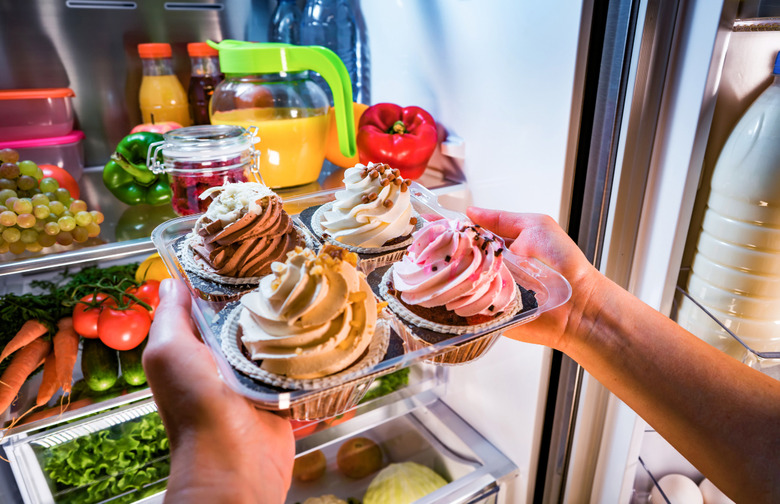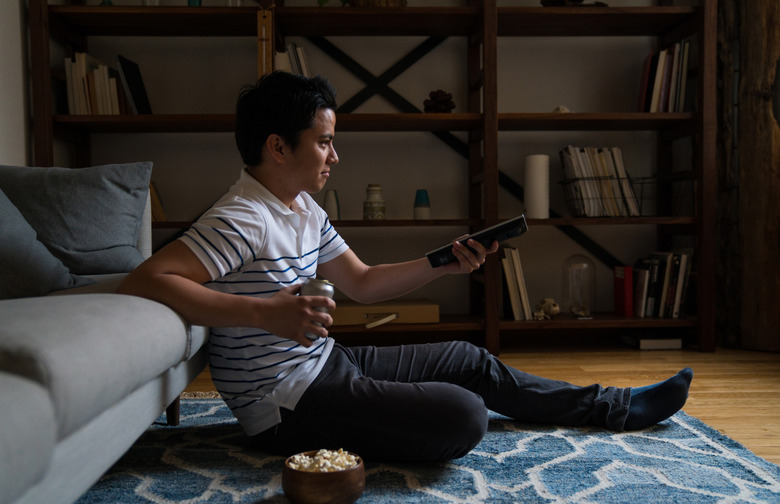These 20 Habits Are Making Your Anxiety Worse Slideshow
Mental health can be hard to control, and it's a looming problem for many of us. There are a myriad of different types and levels of anxiety — some of which can even be debilitating to your daily life. According to the Anxiety and Depression Association of America, 40 million U.S. adults have been diagnosed with an anxiety disorder, and millions more experience undiagnosed anxiety every day.
While the causes of anxiety are largely outside of our control (which you likely know if you do live with an anxiety disorder), there are habits that can amplify or worsen symptoms. A simple episode of light tension can escalate into a full-blown and debilitating experience once you introduce outside factors that can make the anxiety feel worse.
Without even knowing it, you could be making the experience worse on yourself, simply by eating a certain food or living with a certain habit. It's wise to avoid these 20 things if you're someone living with anxiety — they're not worth the risk.
Complaining
In the short term, complaining seems like a great idea. If you just let it out, it'll disappear, right? Wrong. Complaining increases the extent to which you're harping on the negatives. The more negative thoughts you experience, the worse the effects will be. Instead, try focusing on something positive and shifting your attention.
Constantly Using Your Phone
Phones have become seductive distractions from our daily lives, offering the promise of constant social interaction and stimulation. However, their effects might be more detrimental than beneficial. Social media platforms such as Instagram and Facebook have been shown to increase symptoms of anxiety and depression in those who use them.
Dieting
Chronic dieting is all too common in today's world — those who hop on and off diets regularly, trying and failing at regimen after regimen. This yo-yo dieting has been shown to negatively affect health outcomes in the long run. It increases risk for heart disease, permanently alters your metabolism, and can severely impact your mental health.
According to a famous study on calorie restriction in adult men, the effects of just one diet stretched to impact the remainder of their lives, even sending one to a psychiatric hospital for treatment. While the specifics of these effects are still unclear, we do know that dieting worsens existing mental health conditions — including anxiety.
Drinking Alcohol
People drink to cope with anxiety — it's a simple fact of life. But, contrary to their expectations, drinking to make anxiety go away is like drinking coffee to fall asleep. That glass of wine feels like it's relaxing you in the moment, but it could be having a detrimental effect on your mood later on. Alcohol does act as a sedative in the short-term, relaxing your muscles and getting rid of some of the physical symptoms of anxiety. But it's also a depressant — messing with your serotonin levels so you actually could experience a worsened anxiety and depression once you sober up.
Drinking Coffee
We bet you saw this one coming. Coffee is healthy in some ways, but it also makes you tense — you've probably felt the effects firsthand. It can make you jittery, hyper-aware, and stressed. These are all symptoms of anxiety, and they're not fun. The reason coffee makes us feel this way is its effect on our heart rate; essentially, it speeds it up to keep us feeling more alert. But as a side effect to that, we often feel nervous and agitated, as well. Try swapping your coffee for an anxiety-reducing tea.
Drinking Diet Soda
Zero calories do not mean zero consequences — and in this case, it's actually quite the opposite. The intense sweetness of diet soda makes your body primed for sugar. Then when it doesn't get any, your blood sugar crashes in response. A blood sugar crash is a recipe for tension — especially if you're someone who experiences anxiety.
Eating Fast Food
It's no secret that fast food is bad for you, and we're not suggesting anything drastic when we recommend you watch your intake. Fast food is both low in omega-3s and high in refined carbohydrates. Refined carbohydrates spike your blood sugar, which can seriously upset your hormone levels and anxiety. Omega-3s, on the other hand, play a crucial role in mitigating anxiety by supporting brain health. Instead of these types of fats, fast food tends to lay on the other kinds that don't do as much for your brain.
Eating Tons of Sugar
Sugar in small, healthful doses is totally fine. But when we load up on candy and sweets, the consequences can feel miserable. According to Psychology Today, "A sugar high and subsequent crash can cause shaking and tension, which can make anxiety worse."
The type of sugar matters, too. In a study that compared anxiety levels in rodents, rats that ate all-natural sugar from honey experienced significantly less anxiety than rats that ate sucrose.
Eating Too Much Salt
Large amounts of salt or other types of sodium in your system can wreak havoc on your neurological system. Since this is the mechanism of your body responsible for making you feel anxious, sodium is bad news for anxiety. While some amount of sodium is necessary for your body to keep thriving, steer clear of sodium-laden foods that add piles of the stuff to your diet.
Exposing Yourself to BPA
BPA, or bisphenol A, is a chemical found in plastic and metallic food containers that's been shown to result in risky health outcomes — including worsened anxiety. In one study, rats who were exposed to BPA exhibited an increase in anxiety-like behaviors and a more severe stress response. Though more research is needed to prove causation in humans, your best bet is to avoid leeched chemicals from plastic, regardless.
Not Eating Enough
When you're not eating enough, your body gets really stressed. It starts preserving its energy, so it doesn't use energy on things like stress reduction and handling emotions. When you're in a calorie deficit, anxiety becomes way harder to handle. Overeating can result in an increase in anxiety, too — the best way to mitigate symptoms is to eat intuitively, eating when you're hungry and stopping when you're full.
Not Getting Enough Sleep
Sleep is so crucial for your health — and your mental health is no exception. A lack of sleep makes tolerating and processing emotions feel much more difficult and can make similar levels of anxiety feel amplified by comparison. Researchers at the University of California at Berkley linked sleep deprivation to an increase in anticipatory anxiety, as well — meaning that it amplified worries and stressors about future events.
Procrastinating
Accomplishing something, or even just checking an item off of your to-do list, can work wonders for anxious emotions. These tiny accomplishments release dopamine into your system, making you feel happy and rewarded. By putting things off, you're also staving off that emotional reward (and keeping yourself stuck in the anxious mess of anticipatory thoughts). Break down your workload into smaller tasks and tackle them one by one.
Skipping Meals
Skipping Meals
Despite it being touted as a weight loss solution and a great way for millennials to save some cash, skipping meals is a really, really bad idea. It wreaks havoc on your blood sugar, resulting in energy dips and crashes that can not only make you overeat later on, but also act as a magnifying glass for anxious feelings.
Skipping the Gym
Skipping the gym one day isn't going to make much of a difference, and could actually be a good idea if your body is feeling sore or strained. However, if you're skipping it every day, your mental health could start to pay a toll. Studies have shown that a lack of physical activity — such as, for example, sitting all day — can lead to an increase in feelings of anxiety.
Luckily, you don't have to work out intensely to mitigate these effects. Even low-intensity movement can make a drastic difference in your mood. Go for a walk after work or hop in the pool with your kids. Any movement, no matter how intense, is beneficial for balancing your stress hormones.
Spending Time Alone
For the socially anxious, especially, spending time by yourself can seem really appealing when you're under a lot of anxious stress. However, no matter your levels of extroversion, isolation makes things decisively worse. Social support has been proven to mitigate feelings of anxiety, and maintaining close relationships is a crucial component to anxiety treatment. Isolation, by contrast, only serves to leave you alone with your anxious thoughts — effectively shifting your focus and making them worse.
Taking Drugs
There are many health reasons that you should avoid illegal drugs — not to mention legal reasons, as well — but anxiety is a big one. Many users report attempting to mitigate their anxiety by using illegal drugs; this, however, is a really bad idea. In 20 percent or more of those with anxiety, drugs like marijuana, cocaine, and heroin worsen the condition. Additionally, substance abuse can lead to addiction and other mental health issues.
Tracking Your Food
Calorie-counting, macro counting, and other forms of food tracking have become par for the course for many dieters — further enabled by fitness and health apps on many smartphones. However, this practice comes with a dark side that not many people talk about.
These forms of tracking can be both time consuming and addictive. For some, the practice spirals into extremes, resulting in anxiety and stress when food either cannot be tracked or the person tracking goes over their limit of daily intake. Better not to sweat it and eat intuitively instead — the numbers on those apps are often arbitrary, anyway.
Using Food or Exercise as a Coping Mechanism
A common symptom of those experiencing anxiety is to cope using food — whether it's by trying to control your food through dieting, bingeing on foods for comfort, or using food as a distractor to avoid dealing with daily life, the use of food or exercise to cope with mental health disorders is only caustic in the long run. It's not only ineffective, but it can be harmful to your physical and mental health by destroying your blood sugar balance and increasing a preoccupation with food that can devolve into something much worse.
Watching TV Before Bed
Looking at a television or computer screen before bed is a really bad idea if you ever want to fall asleep. The light from these screens signals to your brain that it's daytime and that it should stop producing sleep hormones to make you feel tired. The result is a lack of sleep duration and quality — both of which are nightmares if you're prone to anxiety. If you're having trouble sleeping, turn off the television and try one of these natural remedies to help you sleep instead.

